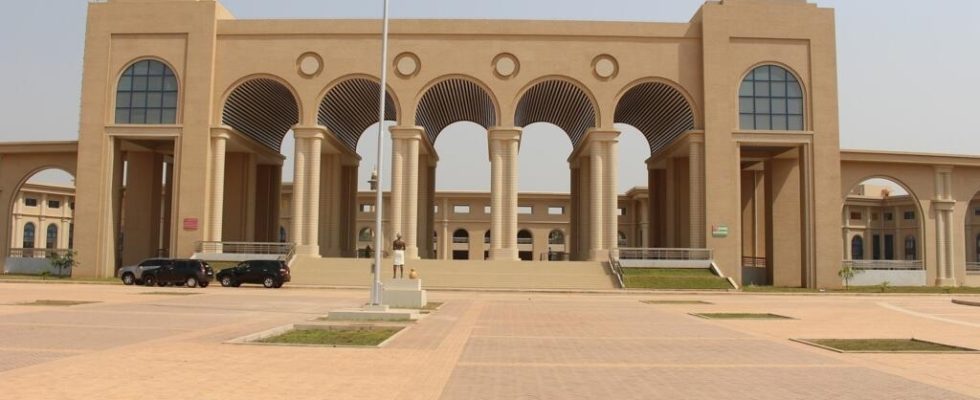In Togo, the new Constitution promulgated on May 6 by President Faure Gnassingbé was published on May 21, shortly before the installation of the National Assembly following the April 29 elections. These deputies, elected for a 6-year mandate, inaugurate the Fifth Republic. A regime that is now parliamentary, in which there is no longer a presidential election by direct universal suffrage. In this Fifth Republic, the president has an honorary role. Executive power is in the hands of a president of the Council of Ministers.
2 mins
The new Constitution published in Official newspaper provides transitional arrangements to transition Togo into the Fifth Republic. The institutions must be established within 12 months. The current head of state retains his powers until the designation of a president of the Council of Ministers and the election of a president of the Republic by parliamentarians, once the two chambers of Parliament are installed .
In the new Constitution, the President of the Republic has an honorary role. He is elected by parliamentarians for a 4-year term. He accredits ambassadors, awards decorations, and receives the President of the Council of Ministers to be informed of the state of the nation.
Executive power in the hands of a president of the Council of Ministers
It is the President of the Council of Ministers who concentrates executive power. This function falls to the leader of the majority party in the Assembly following the legislative elections. He is head of government and the army. It determines and conducts national and international policy; can initiate laws; designates one third of the members of the Senate and two members of the Constitutional Court. He can also dissolve the National Assembly.
The National Assembly has the power to hold the government accountable. To be admissible, the motion of no confidence must be signed by at least 2/5 of the deputies.
Part of the opposition and civil society are up in arms against this text
Executive power must therefore return to Faure Gnassingbé, president of the UNIR party, which won 95% of the seats in the last legislative elections, according to contested official results.
The new National Assembly, elected for 6 years, held its inaugural session this Tuesday morning, May 21.
While part of the opposition and civil society still reject this parliamentary regime, in which they see a maneuver to keep Faure Gnassingbé in power without term limits, two of the five elected opposition deputies have not sat today.
Read alsoIn Togo, the new Constitution was promulgated
